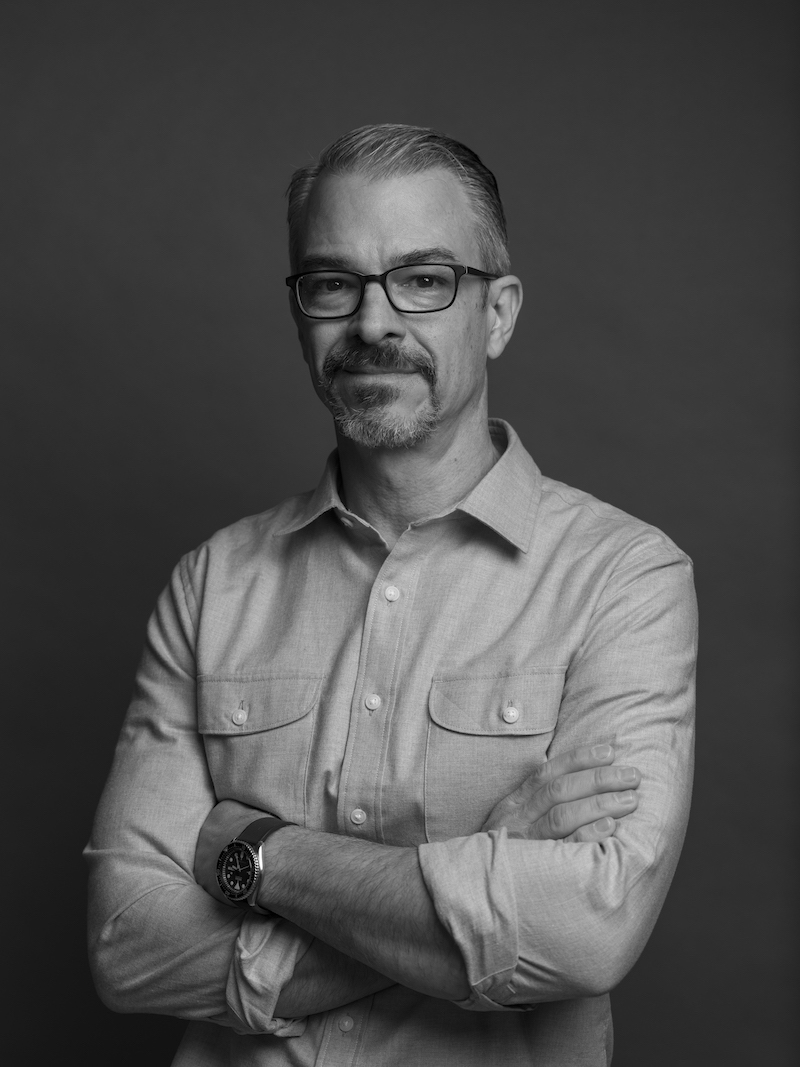It seems fitting, in a way, that the production of this year’s Top Docs issue coincided with the chaotic last days of the war in Afghanistan. The parallels to our still-raging war against COVID-19 are inescapable.
Much has rightly been made of the mistakes that ultimately led to the tragic resolution of America’s longest war. It will take years for historians and military leaders to fully unravel those mistakes. With any luck, the lessons learned will be applied with wisdom — and with better results — in the future. In time, one can hope, we will similarly acknowledge and learn from the mid-battle missteps that allowed a virus that seemed on the brink of defeat just a few months ago to instead roar back to fill America’s ICUs and morgues at rates not seen since the darkest days of 2020. For now, though, it’s possible to find a more positive flip side to what’s often called “the fog of war.” That’s what we’ve focused on in this issue.

Not all actions taken in the heat of battle go awry. Sometimes they yield successes. And those separate, individual successes, whether in warfare or healthcare, can accumulate almost imperceptibly into a new body of knowledge that represents genuine, lasting progress. Taking a step back from the day-to-day reporting on case rates and vaccination tallies, we looked at how medicine’s real-time responses to the evolving challenges of this pandemic have led to victories on numerous fronts — wins that are changing both healthcare and the medical profession itself for the better.
One of the most dramatic of these successes can be found in the story of patient Paul Morris of Frankenmuth, whose lungs were so badly damaged by COVID-19 that he would have died without a transplant. Doctors at Henry Ford Hospital deployed an infrequently used device known as an ECMO machine to do the work of Morris’ damaged lungs long enough for a donor to be found. Costly and labor intensive, ECMO machines are relatively scarce nationwide, but the success seen in cases like Morris’ is spurring a rethink that could make ECMO the standard of care for patients with severe lung damage.
Meanwhile, the growing population of patients experiencing long-haul COVID — that complex of baffling symptoms ranging from brain fog to body pain to sleep disorders — has spurred the creation of specialized clinics offering a multidiscipline treatment approach. Many see in these clinics a model that could be applied to other complex and persistent conditions, such as chronic fatigue syndrome.
Perhaps just as important as these patient-focused advances are the emerging efforts by health systems to tend to the mental health of medical professionals themselves. Eighteen months after Americans first tied ribbons to their trees to honor frontline care workers doing combat with this virus, many of those same healthcare heroes find themselves battling burnout — and feeling burned. In private, doctors I spoke with for this issue shared that they struggle to manage the frustration and anger they feel toward the unvaccinated who get sick and turn up at their hospitals, consuming resources, disrupting non-COVID care, and forcing them to reinstate extreme safety protocols — including visitation limits and heavy-duty PPE — that they thought were behind them.
Their message: It’s not too late to learn from the mistakes that have needlessly prolonged this battle.
This story is featured in the October 2021 issue of Hour Detroit magazine. Read more stories in our digital edition.
|
|
|









